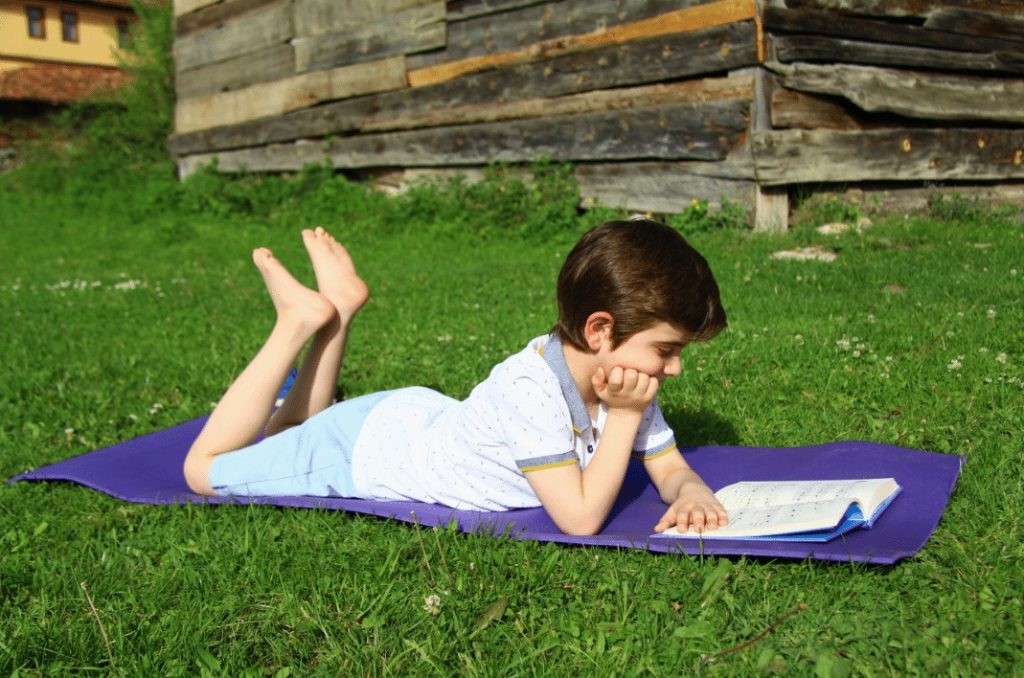Edition: March 12, 2022
Curated by the Knowledge Team of ICS Career GPS

- Excerpts from article by Katrina Schwartz, published on kqed.org
There are many disagreements on improving the education system so that children graduate with the skills and dispositions needed to succeed in life.
Education reform discussions often centre on tweaking existing mechanisms, but what if the system itself is creating the problems educators and policymakers are trying to solve?
That is the theory favoured by author and TED-talk sensation Sir Ken Robinson.
- Sir Ken Robinson (4 March 1950 – 21 August 2020) was a British author, speaker, and international advisor on education. As an educationist, he advocated for children’s creativity being stifled by school systems that prioritise academic achievement.
“If you design a system to do something, don’t be surprised if it does it,” Robinson said at the annual Big Picture Learning conference.
He described two pillars of the current system ―
- Conformity – the act of matching attitudes, beliefs, and behaviours to group norms, politics, or being like-minded.
2. Compliance – the act of obeying an order, rule, or request.
These undermine the sincere efforts of educators and parents to equip children with the confidence to entre the world on their terms.
Education has become a strategic priority for countries competing for an edge in a globalised economy. Political leaders know future generations need to be ready to take on an ever-evolving economy and that a nation’s prosperity depends on a prepared workforce.
These concerns have led to various countries standardising the education each child receives.
The problem with this approach, Robinson notes is the diversity of human life. There is a difference in each child’s temperament, personality, and in their strengths and weaknesses.
However, this fundamental diversity in the human population is not honoured within education.
The curriculum has narrowed to prioritise a type of intelligence that favours academic work.
“if you get preoccupied by a certain type of achievement then you don’t even look for other things people might be good at.”
Robinson points — narrowly defining success, exclude a huge portion of students who don’t happen to be good at those few valued skills.
To make more people view themselves as achievers, which acts as an incentive for them to push themselves, Robinson suggests for the system to diverge the meaning of achievement, honouring the natural diversity of human life.
The other central tenet of today’s education system is compliance, which Robinson sees best reflected in the testing industry. Tests only measure what test-makers put on them, validity of which in an altering world is not stable.
For example, the current focus on science, technology, engineering and math (STEM) learning to circle potential jobs opportunities and trying to make education fit accordingly. But it doesn’t enclose the potentiality of other skills that might be needed 20 years down the line.
Sir Robinson credits organic growth and development as the principle on which life is based, which is not congruent with the current education system.
Part of the problem is the multitude of opinions and lack of clarity on exactly what education should do.
Robinson firmly states that creativity is a central element of what sets humans apart from other forms of life on earth. This makes it an educator’s mission to bring out the unique creative energy within each child.
Robinson believes that education is to make students become fulfilled individuals and active, compassionate citizens by understanding the world around them and their talents within. It is equally important for students to holistically understand themselves to lead a satisfying life ahead.
The current system of conformity and compliance leaves no space for this type of self-exploration.
It is the individual’s worldview that ultimately determines whether a person persists through challenges or feels motivated.
Robinson doesn’t deny that education has an economic purpose. Young people need to become economically independent and self-sufficient.
For this they should learn to be adaptable, innovative, to flow with change, to collaborate, and other globalised skills applying to whatever area of work they are passionate about pursuing.
Education can help expose students to different life paths and support them in finding their passions while giving them the transferable skills to tackle any problem.
Cultivating Growth
Robinson compares the education system to industrialised farming, focused on yield and quantitative output.
Education system has focused on increasing the number of graduates, the output, with no concern for whether they become happy, fulfilled human beings.
A healthy mix of mentorship, arts, physical education, academic subjects creates the “healthy soil” in this analogy, the environment in which kids can flourish.
According to Robinson, schools become an important asset for the community when they get the culture part right.
He calls on all educators to look at the available resources differently, more creatively, and use them to create learning environments that allow individual students to thrive and flourish.
…
Have you checked out yesterday’s blog yet?
Education & Career Trends: The Rarest of Human Qualities that can Unlock Superhuman Potential
(Disclaimer: The opinions expressed in the article mentioned above are those of the author(s). They do not purport to reflect the opinions or views of ICS Career GPS or its staff.)




One Reply to “Education Trends: Creating a Culture of Valuable Learning”